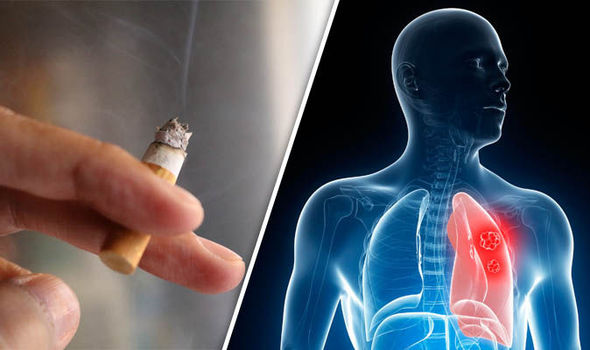Smoking Cancer in Shalimar Bagh

Smoking is one of the most preventable causes of cancer worldwide. It is directly linked to an increased risk of developing several types of cancer, most notably lung cancer, but also cancers of the mouth, throat, esophagus, pancreas, bladder, kidney, stomach, cervix, and even some forms of leukemia. Tobacco smoke contains over 7,000 chemicals, more than 70 of which are known to be carcinogenic (cancer-causing). When tobacco is burned and inhaled, these harmful chemicals enter the lungs, get absorbed into the bloodstream, and are carried throughout the body. This widespread circulation exposes almost every organ to toxins, increasing the likelihood of cellular damage and mutation that can lead to cancer.
How Smoking Causes Cancer
The carcinogens in tobacco smoke damage DNA, the genetic material in our cells. When DNA is harmed, cells may start growing abnormally. In a healthy body, these abnormal cells are usually repaired or destroyed. But continuous exposure to tobacco smoke impairs the body's ability to repair this damage, allowing mutated cells to multiply unchecked—leading to cancer. Additionally, smoking weakens the immune system, making it harder for the body to fight cancerous changes. It also causes inflammation and oxidative stress, further contributing to cancer development.
Preventive Action and Awareness
Public health campaigns, smoking cessation programs, and increasing awareness have all contributed to a reduction in smoking rates globally. However, with the rise in vaping and alternative nicotine products, the long-term health risks are still being studied. It remains essential to spread education about the dangers of smoking and support those trying to quit.

 Breast Cancer
Breast Cancer Lung Cancer
Lung Cancer Smoking Cancer
Smoking Cancer Mouth Cancer
Mouth Cancer